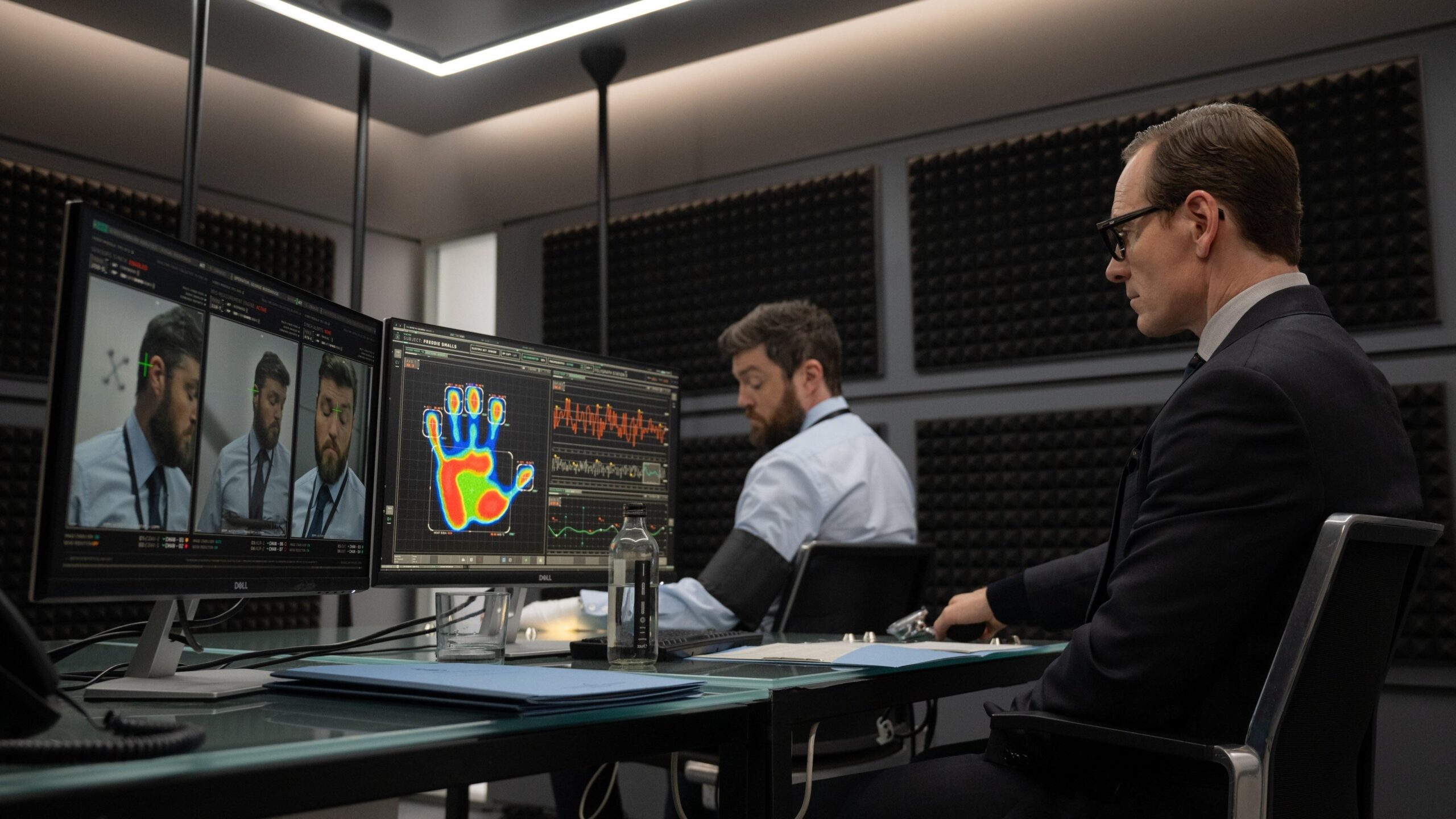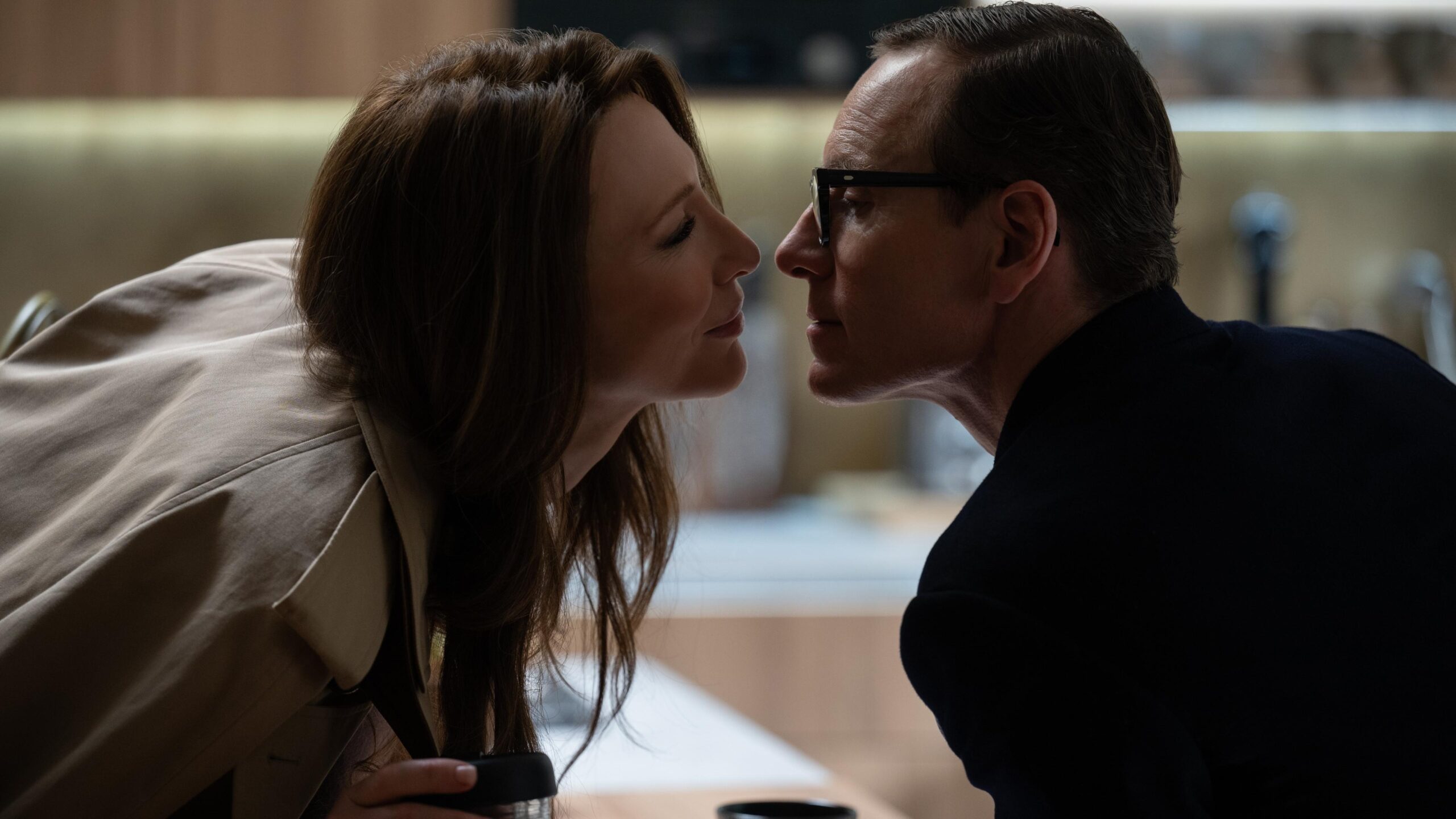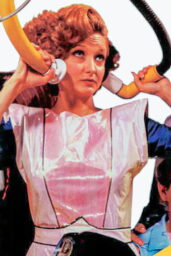In the realm of espionage cinema, Steven Soderbergh's latest offering, “Black Bag,” emerges as a sophisticated narrative intertwining marital fidelity with national allegiance. The film showcases the formidable talents of Cate Blanchett and Michael Fassbender, portraying intelligence agents entangled in a web of suspicion and loyalty.
Plot Overview:
“Black Bag” delves into the lives of George and Kathryn Woodhouse, esteemed operatives within the National Cyber Security Centre. Their marital bond is tested when Kathryn becomes a prime suspect in a case involving the theft of a perilous software known as Severus. George grapples with the harrowing decision of choosing between his devotion to his wife and his duty to the nation.




Critical Reception:
The film has garnered widespread acclaim for its sharp writing, stylish direction, and compelling performances. On Rotten Tomatoes, “Black Bag” boasts a 97% approval rating, with critics lauding its sleek design and dry wit. Allison Rose of FlickDirect describes it as “well written, expertly shot, and beautifully acted,” noting its unique place in contemporary cinema. Nadine Whitney from AWFJ.org echoes this sentiment, praising the film as a “winning combination of style and game playing reminiscent of John le Carré.”
Roger Ebert's review highlights the film's ability to resonate with current anxieties, stating it is “absolutely delicious, a svelte piece of entertainment that feels like a vintage yarn yet very much represents our own current anxieties.” Similarly, Vulture's critique emphasizes the film's aesthetic and narrative prowess, asserting that it “crafts a cinematic experience that is both aesthetically thrilling and deeply engrossing.”
Box Office Performance:
Despite critical acclaim, “Black Bag” has encountered a tepid response at the box office. The film amassed $850,000 during Thursday previews and $2.78 million on its opening day. Projections indicate an opening weekend gross between $7 million and $9 million in North America, a modest figure considering its $50 million production budget. This underwhelming performance is attributed to mixed word-of-mouth and stiff competition from other releases, such as the action-comedy “Novocaine,” which garnered $3.9 million on its opening day.

Cast and Crew:
Beyond Blanchett and Fassbender's magnetic portrayals, the film features a robust supporting cast, including Naomie Harris as Dr. Zoe Vaughan, Tom Burke as Freddie Smalls, Marisa Abela as Clarissa Dubose, and Pierce Brosnan in a notable role. Soderbergh's collaboration with screenwriter David Koepp results in a narrative rich with tension and wit, reminiscent of classic espionage tales.
Conclusion:
“Black Bag” stands as a testament to Soderbergh's directorial finesse, offering audiences a cerebral and stylish espionage thriller. While its box office returns may not mirror its critical success, the film's exploration of trust, betrayal, and loyalty within both personal and professional realms ensures its place in contemporary cinematic discourse.
“Black Bag” encapsulates the quintessence of sophisticated storytelling, seamlessly blending the intricacies of espionage with the complexities of human relationships. Blanchett and Fassbender deliver performances that are both nuanced and compelling, elevating the film's narrative depth. Soderbergh's direction, coupled with Koepp's sharp screenplay, crafts a cinematic experience that is both intellectually stimulating and visually captivating. While the film's box office performance may not reflect its artistic merit, “Black Bag” is poised to be a sleeper hit, resonating with audiences who appreciate meticulously crafted cinema.
How do you perceive the impact of critical acclaim versus box office performance in determining a film's success?











